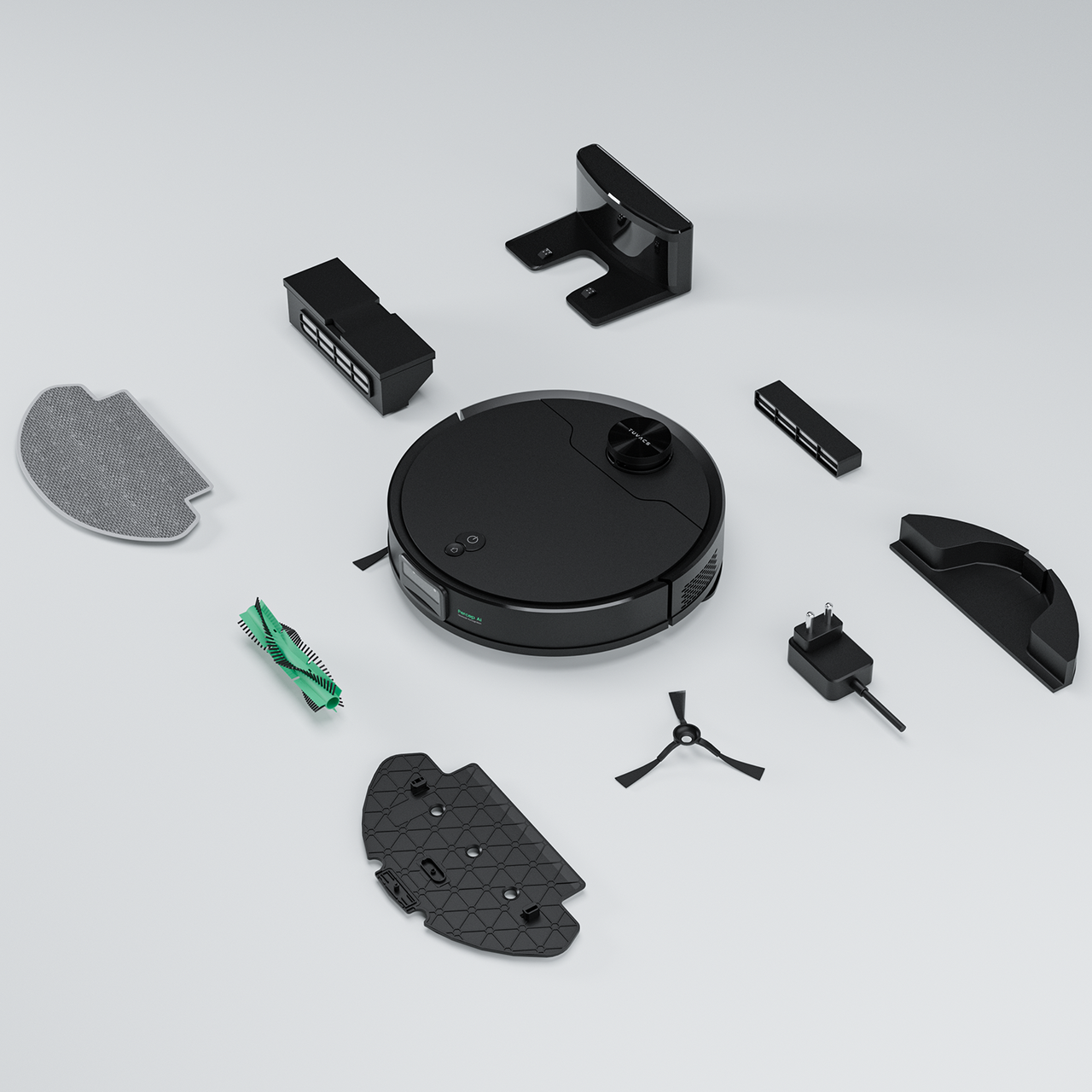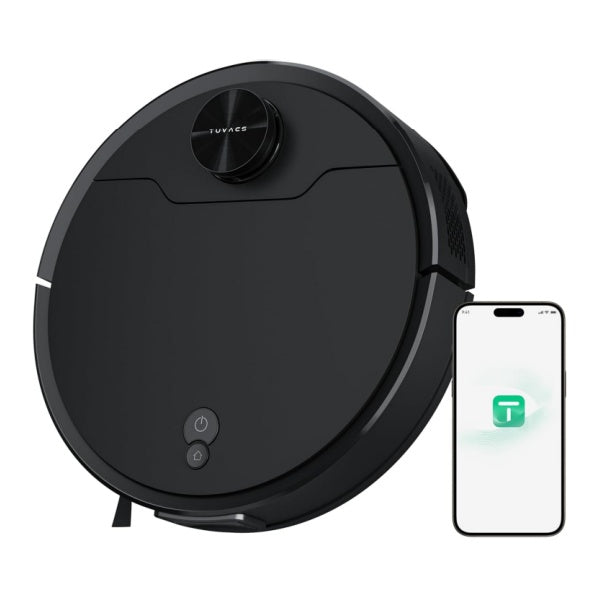“Innovation distinguishes between a leader and a follower.” This quote by Steve Jobs encapsulates the essence of technological advancements, particularly in the realm of household automation. The emergence of house floor cleaning robots has not only transformed our approach to cleanliness but also raised pertinent questions regarding their legal attributes.
The Legal Landscape Surrounding House Floor Cleaning Robots
House floor cleaning robots represent a significant leap forward in home maintenance technology. However, as with any innovation, they come under scrutiny from various legal frameworks. These devices must comply with safety regulations, intellectual property laws, and consumer protection statutes that govern electronic appliances. Furthermore, when disputes arise—be it over product malfunction or warranty issues—the mechanisms for resolution are critical to maintaining consumer trust and satisfaction.
Navigating Dispute Resolution Mechanisms When Buying Robot Vacuum Cleaners
When consumers decide to buy robot vacuum cleaners, understanding the dispute resolution mechanisms becomes essential. Many manufacturers offer warranties that outline specific procedures for addressing defects or performance failures. Additionally, alternative dispute resolution (ADR) methods such as mediation and arbitration are increasingly being integrated into purchase agreements to provide efficient solutions without resorting to litigation. This proactive approach not only streamlines conflict resolution but also enhances customer loyalty through transparent processes.
Tuvacs: A Case Study in Effective Dispute Resolution Mechanisms
Tuvacs stands out as an exemplary case within the industry due to its robust dispute resolution framework. The company emphasizes clear communication channels for customers experiencing issues with their products while providing comprehensive guidelines on how disputes can be escalated if initial resolutions fail. Tuvacs’ commitment to ADR reflects an understanding that timely and fair resolutions foster long-term relationships with consumers—a crucial aspect in today’s competitive market landscape.
Conclusion

In summary, house floor cleaning robots embody both innovative technology and complex legal considerations surrounding their use and ownership rights. As we navigate this evolving landscape, effective dispute resolution mechanisms will play a pivotal role in shaping consumer experiences and ensuring compliance with existing regulations. By prioritizing transparency and efficiency in resolving conflicts related to these devices, companies can enhance user satisfaction while fostering trust within this burgeoning sector.

